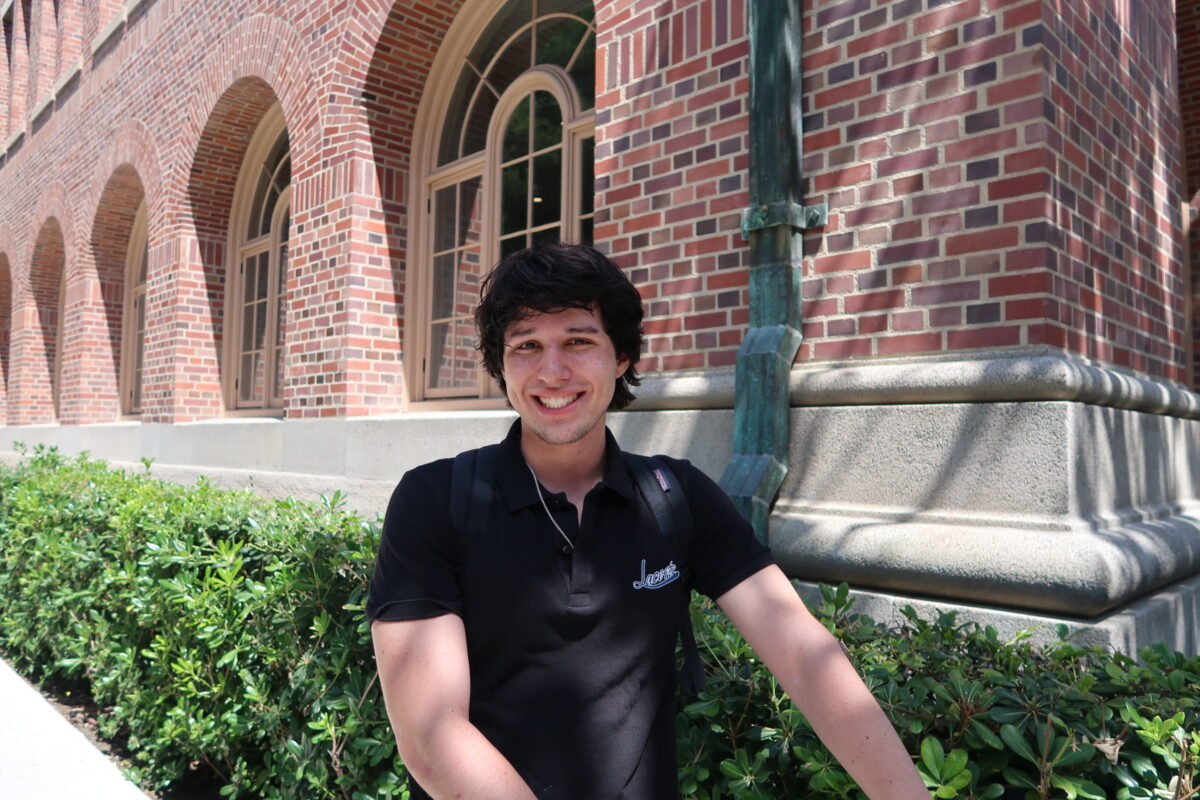Major and Classification
Environmental Science and Health
Faculty Mentor
Dr. Carly Kenkel
Department
Dornsife
Research Gateway Project
Thermal Tolerance Variations Among Sea Anemone Populations
Project Abstract
Exaiptasia pallida and other cnidarians like corals are at risk due to increasing temperature extremes. These recent unprecedented temperature extremes are directly linked to anthropomorphic climate change. One main result of climate change is the rise of sea surface temperatures in the areas where these cnidarians reside. Individual cnidarians have unique abilities to tolerate the rise of sea surface temperatures. Distinct regional populations of cnidarians have also been found to collectively tolerate heat differently. Furthermore, the algae symbiotic organisms which live and reside within the host cnidarians similarly have unique tolerances. Thus, it is important to understand the reason for which these cnidarian populations have distinct limits and if the limits are adaptive based on multiple variables: How specific are the symbioses between cnidarian and symbiote algae? How do host-symbiote associations and synergies impact greater stress tolerance? How does the environment affect host genetic tolerance and host-symbiote relations? To help answer these questions we aimed to uncover whether divergence in population genetics is adaptive, and if environmental temperature is the acting factor of the genetic divergence. In a common bath experiment, we examined different natural populations of Exaiptasia pallida, and compared their growth, symbiont density, and chlorophyll within different controlled thermal environments. Outside factors did negatively influence our findings, so it was ultimately impossible to confirm whether environmental temperature is the selective agent. However, our study found positive relationships between environmental temperature variation and heat stress tolerance. Therefore, this topic is worth further investigation given the observed trends, as environmental selectiveness might be the key to discovering the roots of coral and cnidarian heat stress defense.
